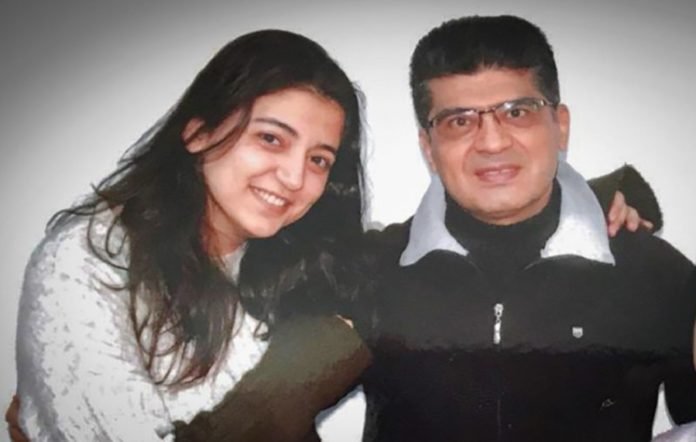Turkey’s Constitutional Court has ruled that a prison administration’s decision to seize letters sent to family members by inmate Hüsamettin Uğur violated the right of prisoners to communicate, ordering the state to pay damages, the Kronos news website reported on Tuesday.
A former member of the Supreme Court of Appeals, Uğur is incarcerated in Kırıkkale, where he is serving a 10-year sentence on conviction of links to the Gülen movement.
He was one of the hundreds of judges and prosecutors who were arrested following a failed military coup in July 2016.
The prison administration had confiscated letters he wanted to send to his daughters, who have been campaigning on social media to raise awareness about the treatment of their father.
Uğur was denied parole despite being eligible and was also disciplined over a letter to opposition lawmaker Ömer Faruk Gergerlioğlu in which he detailed poor conditions and ill-treatment in prison.
Turkish President Recep Tayyip Erdoğan has been targeting followers of the Gülen movement, inspired by Turkish Muslim cleric Fethullah Gülen, since the 2013 corruption investigations, which implicated then-prime minister Erdoğan, his family members and his inner circle.
Dismissing the investigations as a Gülenist coup and conspiracy against his government, Erdoğan designated the movement as a terrorist organization and began to target its members. He intensified the crackdown on the movement following the abortive putsch in 2016 that he accused Gülen of masterminding. Gülen and the movement strongly deny involvement in the coup attempt or any terrorist activity.
Following the coup attempt, the Turkish government declared a state of emergency and carried out a massive purge of state institutions under the pretext of an anti-coup fight. More than 130,000 civil servants, including 4,156 judges and prosecutors, as well as 24,706 members of the armed forces were summarily removed from their jobs for alleged membership in or relationships with “terrorist organizations” by emergency decree-laws subject to neither judicial nor parliamentary scrutiny.
In addition to the thousands who were jailed, scores of other Gülen movement followers had to flee Turkey to avoid the government crackdown.















